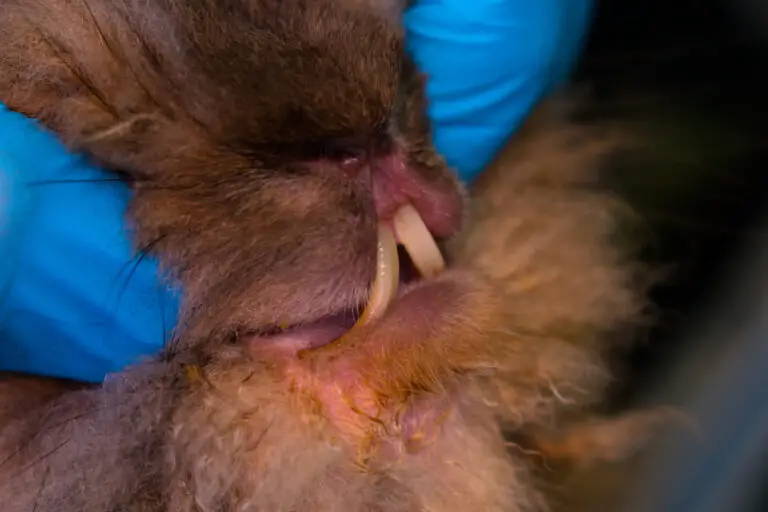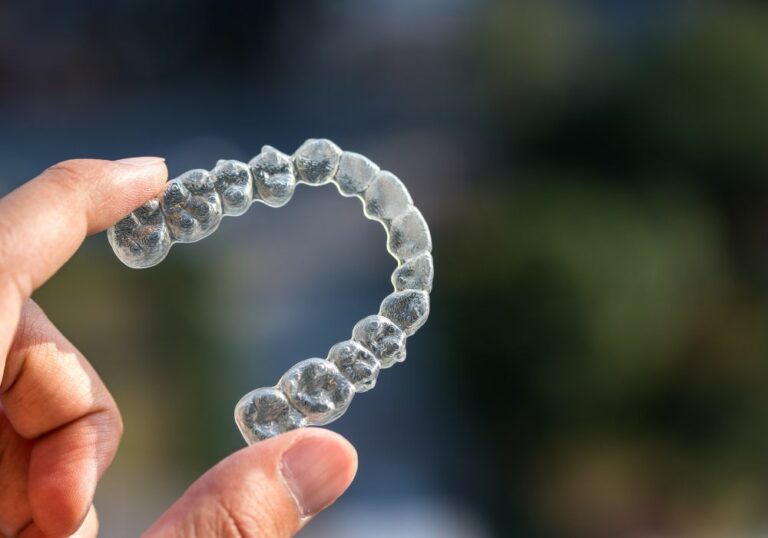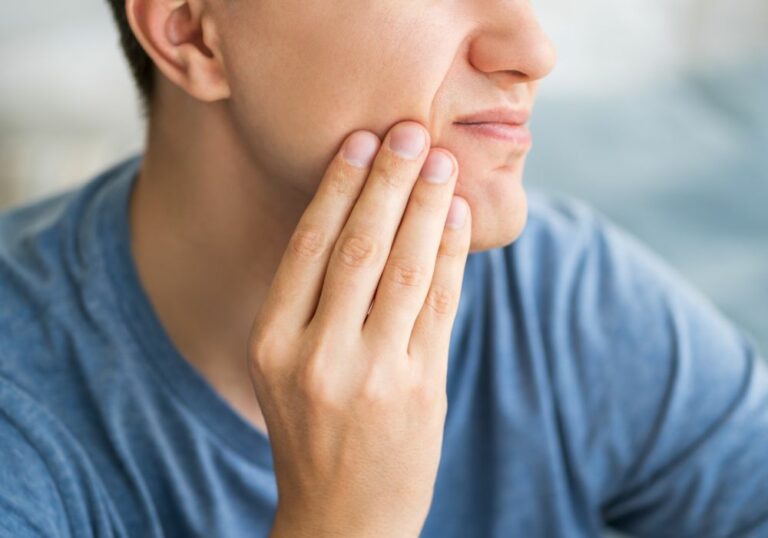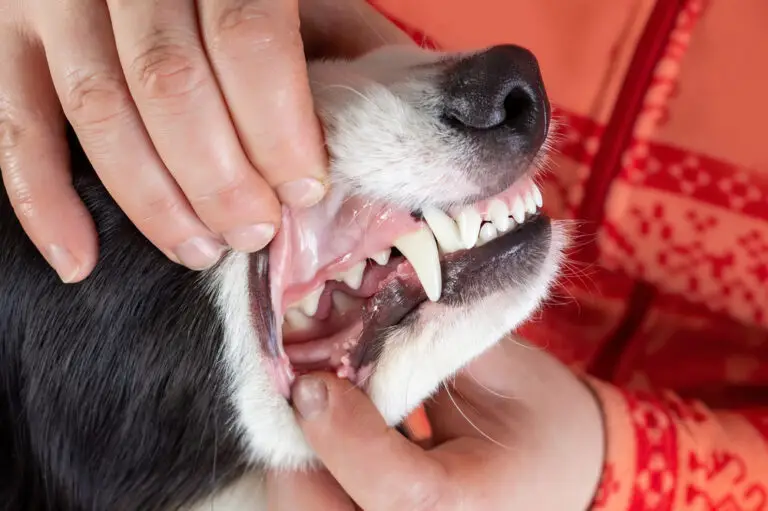Are you wondering how long your teeth will hurt when they’re coming in? It’s a common question, and the answer can vary depending on a few factors. Generally, the process of teeth coming in can cause some discomfort and pain, but it’s usually not severe and doesn’t last long.
Babies usually start getting their first teeth around six months old, and the process can continue until they’re about three years old. During this time, you may notice your baby drooling more, chewing on things, and feeling irritable or fussy. These are all signs that their teeth are coming in, and they may experience some pain or discomfort as the teeth push through their gums. However, the severity and duration of the pain can vary from child to child.
It’s important to note that while some discomfort is normal, severe pain or prolonged discomfort could be a sign of a problem. If your child is experiencing severe pain, swelling, or other symptoms, it’s important to consult with a dentist or healthcare provider to rule out any underlying issues. With proper care and attention, your child’s teeth should come in smoothly and without too much discomfort.
Understanding Tooth Eruption
When your child’s teeth start coming in, it can be an exciting but also a painful experience. Understanding the process of tooth eruption can help you know what to expect and how to best care for your child during this time.
Stages of Tooth Eruption
Tooth eruption happens in stages, and each stage can last for several months. Here are the different stages of tooth eruption:
- Stage 1: Pre-Eruption – Before the tooth emerges, it starts forming in the gums. This stage can last for several months, and your child may experience some discomfort and swelling in the gums.
- Stage 2: Eruption – The tooth starts to emerge through the gums, and this stage can also last for several months. Your child may experience pain and discomfort as the tooth pushes through the gums.
- Stage 3: Post-Eruption – Once the tooth has fully emerged, it settles into its final position in the mouth. This stage can also last for several months, and your child may continue to experience some discomfort as the tooth adjusts.
Timing of Tooth Eruption
The timing of tooth eruption can vary from child to child, but here is a general timeline:
- 6 to 10 months – The lower central incisors (bottom front teeth) usually emerge first.
- 8 to 12 months – The upper central incisors (top front teeth) usually emerge.
- 9 to 13 months – The upper lateral incisors (teeth next to the top front teeth) usually emerge.
- 10 to 16 months – The lower lateral incisors (teeth next to the bottom front teeth) usually emerge.
- 13 to 19 months – The first molars (back teeth used for grinding food) usually emerge.
- 16 to 23 months – The canines (pointed teeth next to the molars) usually emerge.
- 23 to 33 months – The second molars (back teeth used for grinding food) usually emerge.
It’s important to note that these are just general guidelines, and the timing of tooth eruption can vary from child to child. If you have concerns about your child’s tooth eruption, talk to their dentist.
In conclusion, understanding the stages and timing of tooth eruption can help you know what to expect and how to best care for your child during this time. If you have any concerns, don’t hesitate to talk to your child’s dentist.
Pain During Tooth Eruption

When your teeth start to come in, it can be a painful experience. The discomfort can be mild or severe, and it can last for days or even weeks. In this section, we’ll explore the signs of tooth eruption pain and how long you can expect it to last.
Signs of Tooth Eruption Pain
Here are some of the signs that you or your child may be experiencing tooth eruption pain:
- Swelling and tenderness in the gums
- Irritability or fussiness
- Difficulty sleeping
- Increased drooling
- Loss of appetite
- Rubbing the ear or cheek on the side of the erupting tooth
If you notice any of these signs, it’s likely that your tooth is coming in. You can use over-the-counter pain relievers like acetaminophen or ibuprofen to help manage the discomfort. You can also try massaging the gums with a clean finger or giving your child something cold to chew on.
Duration of Tooth Eruption Pain
The duration of tooth eruption pain can vary depending on the individual. Some people may experience discomfort for only a few days, while others may have pain for several weeks. Generally, the pain should subside once the tooth has fully erupted.
It’s important to note that if the pain persists or is accompanied by other symptoms like fever or swelling, you should see a dentist or doctor. They can examine the affected area and determine if there’s an underlying issue like an infection or impaction.
In summary, tooth eruption pain is a common experience when teeth are coming in. It can be managed with over-the-counter pain relievers and home remedies, and it should subside once the tooth has fully erupted. If you have concerns about the pain or notice any unusual symptoms, it’s best to seek professional medical advice.
Managing Tooth Eruption Pain
When your child’s teeth start to come in, it can be a painful experience for them. Fortunately, there are ways to manage the pain and make the process more comfortable for your child. Here are some tips for managing tooth eruption pain:
Home Remedies
- Gently massage your child’s gums with a clean finger or a wet gauze pad. This can help to relieve some of the pressure and discomfort.
- Offer your child a cold, wet washcloth or a chilled teething ring to chew on. The cold can help to numb the gums and reduce inflammation.
- Give your child over-the-counter pain relief medication such as acetaminophen or ibuprofen, but only as directed by your child’s doctor.
- Try natural remedies such as clove oil or chamomile tea, which have anti-inflammatory properties and can help to soothe sore gums.
When to Seek Medical Attention
While tooth eruption pain is a normal part of childhood, there are times when you should seek medical attention. Contact your child’s doctor if:
- Your child has a fever or other signs of illness in addition to tooth eruption pain.
- The pain is severe and not responding to home remedies or over-the-counter pain relief medication.
- Your child is experiencing other symptoms such as swollen gums, bleeding gums, or difficulty eating or drinking.
- Your child’s teeth are not coming in as expected or are coming in at an unusual angle.
Remember, every child is different, and some may experience more pain than others during the tooth eruption process. Be patient and supportive, and don’t hesitate to reach out to your child’s doctor if you have any concerns.
Other Factors Influencing Tooth Eruption Pain

Individual Differences
While the process of tooth eruption is a natural and universal phenomenon, the experience of pain can vary greatly from person to person. Some individuals may experience little to no discomfort during the eruption process, while others may experience significant pain and discomfort. Factors that can influence the degree of pain include:
- Genetics: Some individuals may be more prone to experiencing pain during tooth eruption due to genetic factors.
- Tooth position: Teeth that are more deeply buried in the gums may cause more pain as they emerge.
- Sensitivity: Individuals with sensitive teeth or gums may be more likely to experience pain during tooth eruption.
Teething and Overall Health
In addition to individual differences, there are other factors that can influence the degree of pain experienced during tooth eruption. These include:
- Teething Syndrome: Teething syndrome is a common condition in infants and young children that can cause pain and discomfort as teeth emerge. Symptoms can include irritability, drooling, and gum swelling.
- Overall Health: Systemic conditions such as fever, ear infections, and upper respiratory infections can exacerbate the pain associated with tooth eruption. Additionally, poor oral health may contribute to pain during tooth eruption.
It is important to note that while some pain during tooth eruption is normal, excessive or prolonged pain may be a sign of a more serious issue and should be evaluated by a dental professional.
Frequently Asked Questions
How long does the pain from teething typically last?
The length of time that teething pain lasts varies from person to person. For some people, the pain only lasts a few days, while for others it can last for several weeks. The intensity of the pain can also vary. If you are experiencing severe pain, it is important to see a dentist or doctor.
What are some ways to alleviate wisdom tooth pain?
There are several ways to alleviate wisdom tooth pain, including over-the-counter pain relievers, such as ibuprofen or acetaminophen. You can also try applying a cold compress to the affected area. Additionally, rinsing your mouth with warm salt water can help to reduce inflammation and pain.
Is it normal for wisdom tooth pain to come and go?
Yes, it is normal for wisdom tooth pain to come and go. As the tooth continues to grow and move, you may experience periods of pain followed by periods of relief. However, if the pain persists for an extended period of time, it is important to see a dentist or doctor.
What are the symptoms of growing pains from wisdom teeth?
The symptoms of growing pains from wisdom teeth can include pain or discomfort in the back of the mouth, swelling, redness, or tenderness in the gums, and difficulty opening your mouth. Some people may also experience headaches or earaches.
How can I tell if my wisdom teeth are growing in correctly?
If your wisdom teeth are growing in correctly, you may not experience any symptoms at all. However, if you are experiencing pain or discomfort in the back of your mouth, it is important to see a dentist or doctor. They can take x-rays to determine the position of your wisdom teeth and whether they are growing in correctly.
At what stage of teething is the pain the most intense?
The pain associated with teething is typically most intense during the early stages, when the tooth is first breaking through the gum tissue. As the tooth continues to grow and move, the pain may lessen or become more intermittent. However, if you are experiencing severe pain at any stage of teething, it is important to see a dentist or doctor.







